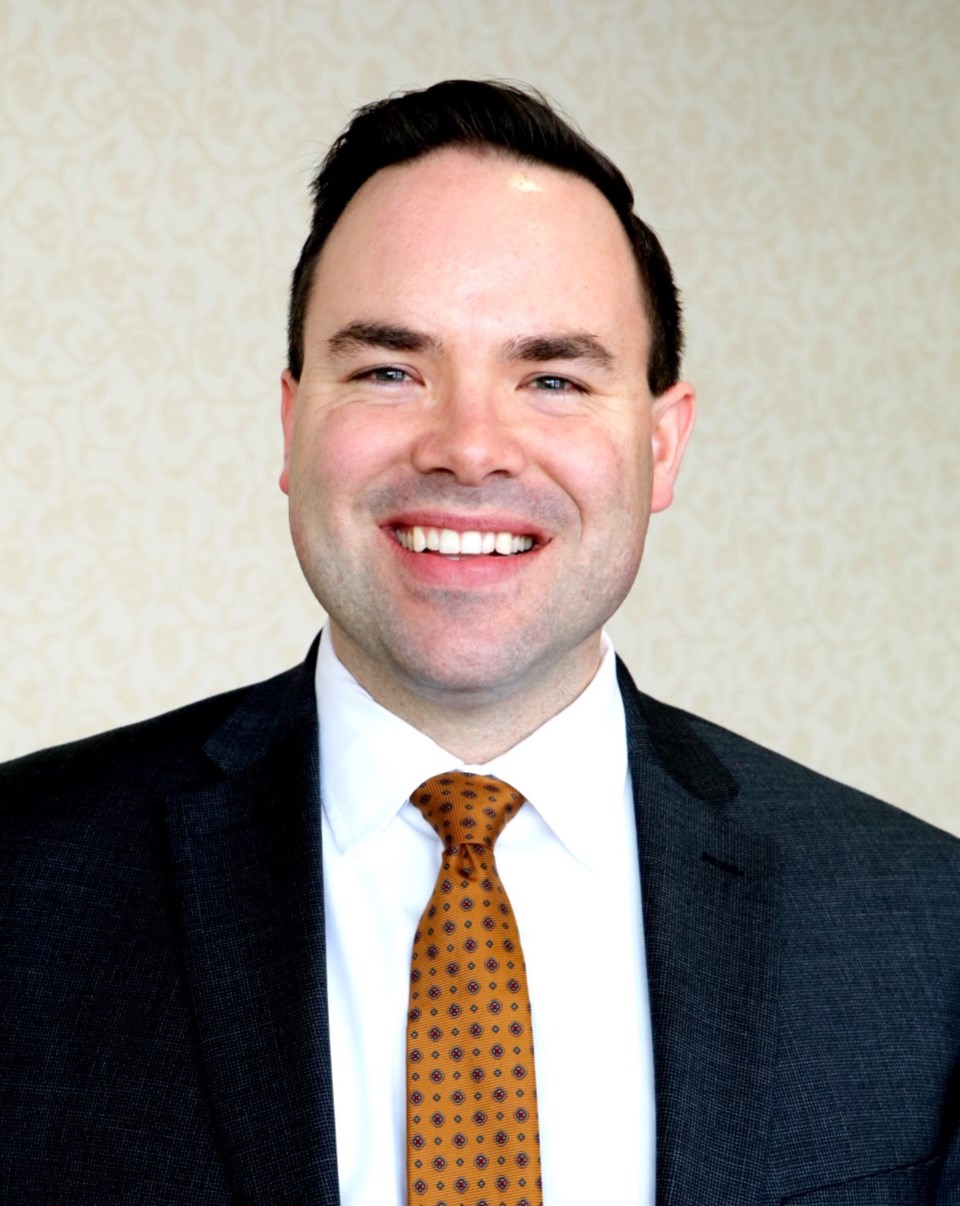Last Thursday, Premier Brian Pallister offered up an emotional appeal as the self-identified “guy who was coming to steal Christmas this year.” Made in the context of recent encouragements for Manitobans to limit personal contacts to their own households only through to the end of the holiday season, these comments have resonated with mainstream media across the continent.
The cautions issued by our premier find resonance with school boards provincewide. Since March, school divisions have undertaken significant efforts to limit close contacts in an ongoing effort to keep our communities safe. We have striven to deliver the good of public education amidst the ongoing challenges of the COVID-19 pandemic.
From delivering meals to those in need during the spring shutdown, to innovative work-arounds given the state of existing internet connectivity throughout the north, everything has been undertaken to ensure that students continue to be provided with meaningful learning opportunities. We know that Northern Manitoba thrives based on how well our young people are equipped, to sustain a unique way of life that only northerners understand.
To say that this period will go down in history as one of the most focused efforts of the modern public school system to meet the needs of communities, is an understatement. At the best of times, the vast expanse above the 53rd parallel is as varied geographically as it is demographically. During the pandemic, school districts such as Mystery Lake, Kelsey and Flin Flon continued to provide open door access to school facilities, while for Frontier, early mandated closures among First Nations communities meant seeking alternative solutions to meeting student needs.
Together, these divisions continued delivery of education. How this was done, was undeniably subject to the local character of each community where they operate. In this respect, Flin Flon can be as far apart from Frontier as Kelsey is from Cranberry. One size does not fit all when it comes to public education in a region where boats can be used as often as school buses and where the “outdoor classrooms” (which Winnipeggers felt to be a truly innovative distancing requirement!) have been used for centuries among Manitoba’s northern communities. Again, a unique way of life that only those living in northern communities can understand.
With the arrival of September, northern needs have continued to evolve. If emerging staffing challenges continue to be felt across all school divisions, how much more so is this true in the land where tundra meets the treeline? Amidst shifts to critical restriction levels as set by Drs. Roussin and Lavallee, our school board members have remained focused on addressing the twin conditions of shortage and change according to varied requirements. That the 2019/20 and 2020/21 school years are not complete write-offs for our students reflects the courage, dedication, adaptability and flexibility of school leadership and staff to “making it work.”
This is why we were surprised last month, to see Bill 64 – The Education Modernization Act – being tabled by Education Minister Kelvin Goertzen in the Manitoba Legislature. Back in March, one week after the pandemic started in this province, Minister Goertzen postponed release of the K-12 Education Review Commission’s final report. If the commissioners heard the same thing in Thompson and The Pas that they heard across southern Manitoba it was this: that local voices and local choices through our communities’ elected school boards, remains a vital feature of what education ought to look like in Manitoba. And so the first reading of The Education Modernization Act, coming in the middle of a soaring pandemic, was very unexpected.
Unexpected because we have yet to see what the review commissioners recommended for northern Manitoba. Unexpected still because, back in 2002, the similarly titled Public Schools Modernization Act, introduced by the former government, provided demolition orders for school boards to be randomly swept off of the Manitoba map. At the time, this included the elimination of the Churchill, Lynn Lake, Leaf Rapids and Snow Lake school districts, leaving only four school boards to serve northern interests. Four school divisions that, as outlined, have more than demonstrated why local choices made for the benefit of local education continue to have very real application in places like Northern Manitoba. We don’t know what is in Bill 64 because the government has not published its contents. What we can say is this: while we understand the need to steal Christmas Mr. Premier, please leave democratically elected school boards, and the local school divisions they serve, under the tree.
Alan M. Campbell is the president of the Manitoba School Boards Association.




